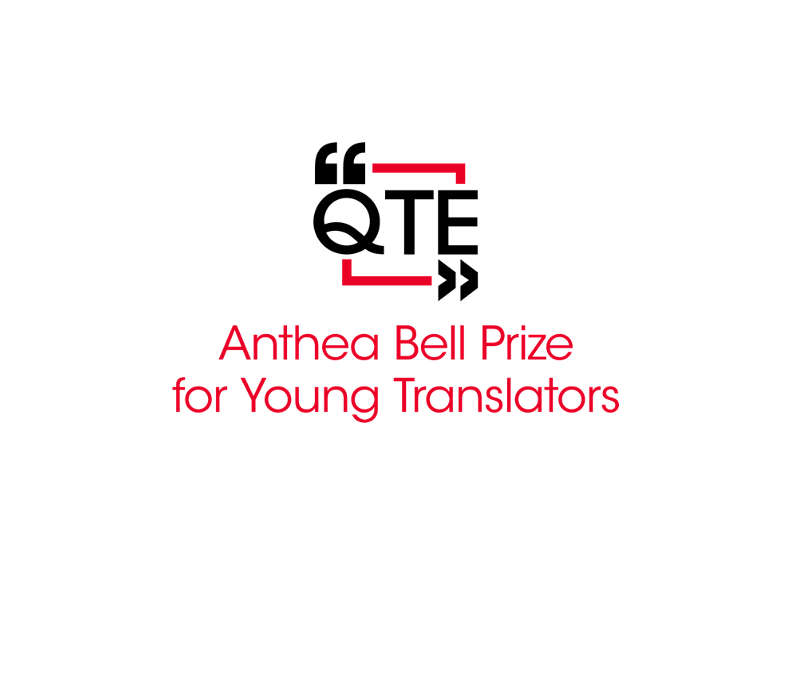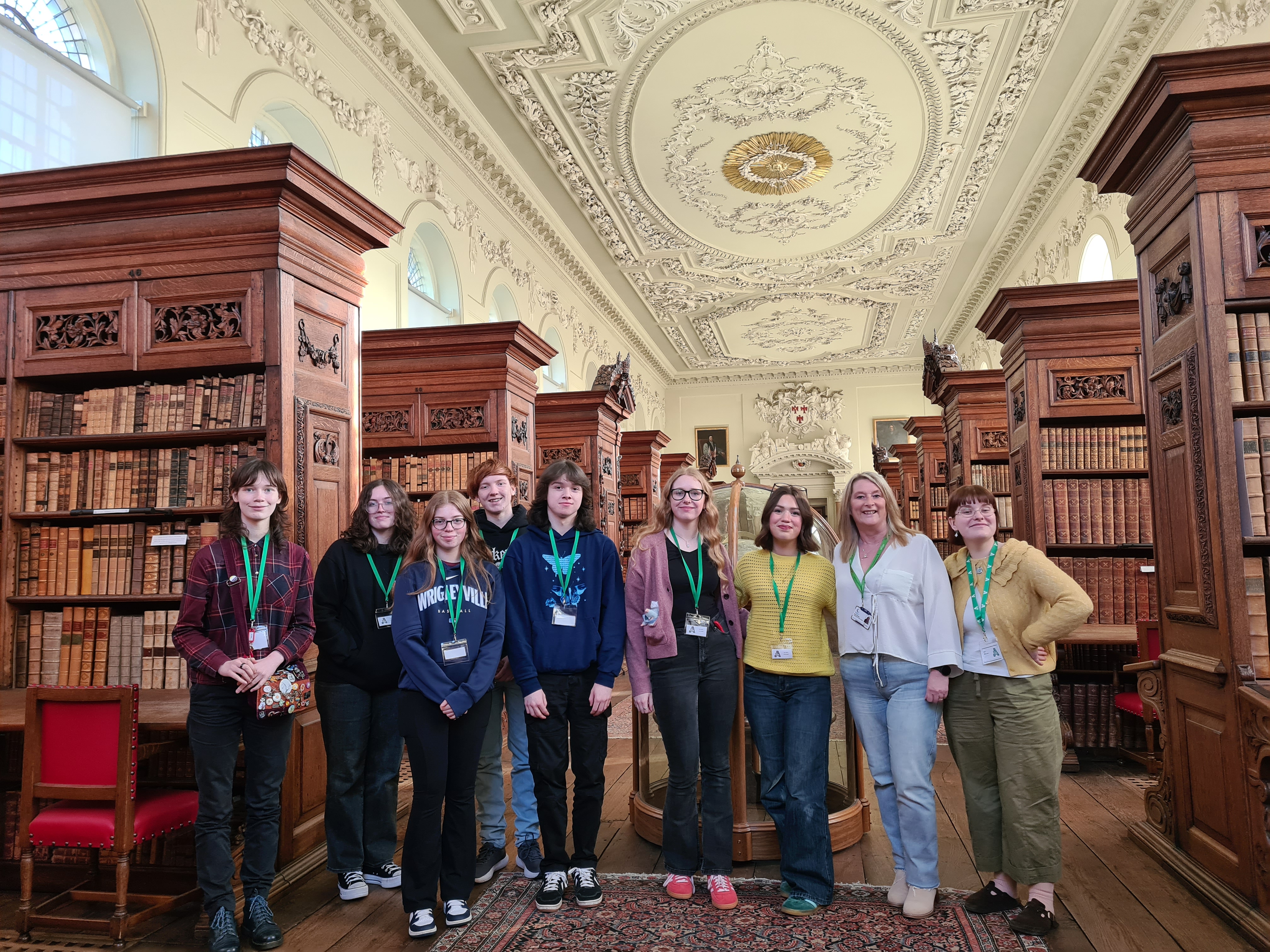AI, or artificial intelligence, has moved from a theoretical fantasy, to an occasional news marvel, to now a mainstream discussion point. For those of us who work around AI, it was an inevitability that revolution was only around the corner. With the likes of ChatGPT and DALL-E, everyday society is starting to entertain thoughts of how their lives are about to be upended by AI.
By happy accident, I had been fortunate enough to be supported by Queen’s MCR to run a discussion evening titled “Your future friend? Examining society’s future relationship with AI”. In Hilary Term 2023, College staff and members from the JCR and SCR joined three expert speakers, from three different fields, to listen to their hopes and concerns surrounding AI advancement.
First off, we heard from Tingting Zhu, a Fellow at St. Hilda’s, who specialises in applying machine learning (a subset of AI) to healthcare settings. Tingting struck an optimistic note throughout her talk. For instance, she highlighted how AI methods can provide data-driven patient monitoring, integrating signals and data from a range of sensors and devices, that aid nurses and doctors care – even potentially being able to provide early warnings for medical intervention. Tingting dived into the various technical details, and ended her talk with a look at a potential future of healthcare where we form ‘digital twins’ of ourselves. Perhaps through AI, we will change our relationship with ourselves.
Next up was Areeq Chowdhury, Head of Data Policy at the Royal Society and a councillor for Newham. Areeq was well placed to share the work that the Royal Society has been investigating regarding the strengths and weaknesses of current policies. Areeq struck an overall more admonishing tone. Despite the many great advances AI will likely bring to society, regulation is failing to keep pace – and that gap is set to increase. College members were shown the great importance of understanding the role that policy, from evidencing to advocacy, has to play in order to minimise potential harm. Moreover, these skills need not simply be confined to highly technical contributions, but must draw from a range of backgrounds and expertise.
Last, but by no means least, we heard from Anders Sandberg from the Future of Humanity Institute. Anders, a philosopher, explained the many counter-intuitive challenges to maintaining AI that align well with our societal, and even personal, goals. While these challenges have long been known to the AI safety community, he highlighted how these conversations were now being had by everyday people.
Our College members are excellently placed to take part in the many innovations and safekeeping around AI, and it was my pleasure to be able to see so many members engage with this opportunity. So much so, I’m already thinking ahead to the next “Evening of AI” event.
Seb Wilkes (Physics DPhil, 2021)



